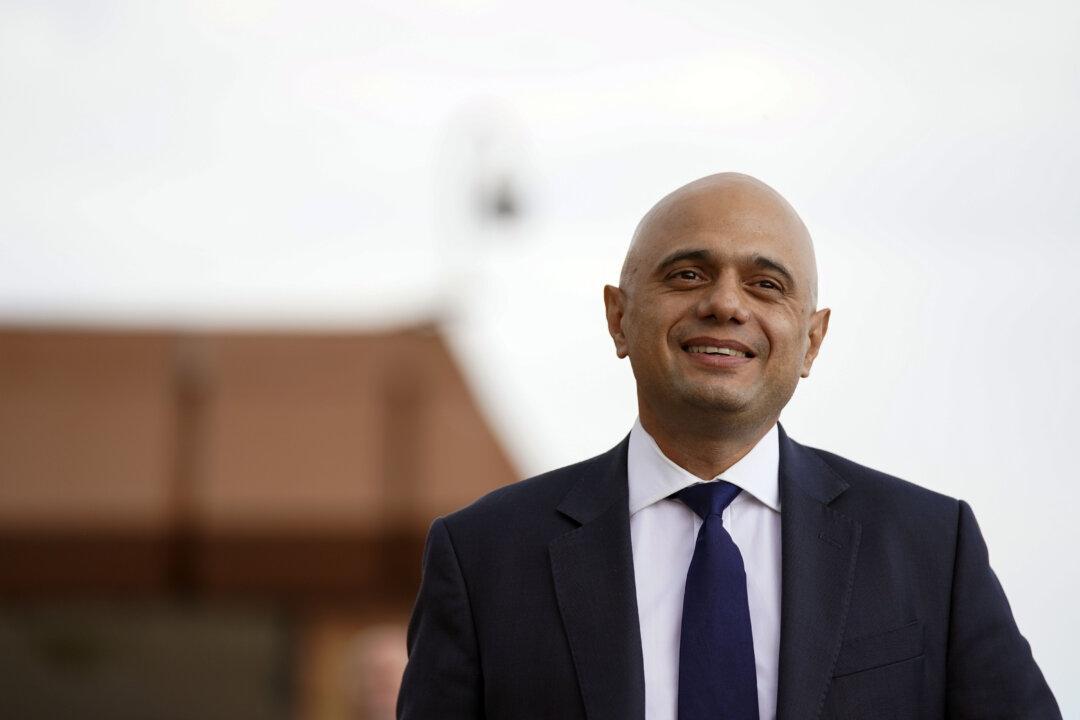The plan to mandate CCP (Chinese Communist Party) virus vaccine passports for nightclubs and crowded events in England will not go ahead, UK Health Secretary Sajid Javid said on Sunday.
It comes after British lawmakers across the political spectrum voiced strong opposition to the plans this week.





